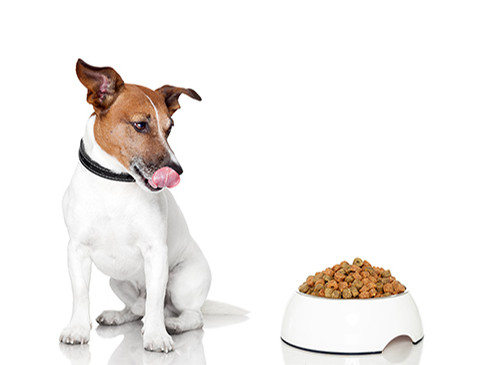
A significant step forward in the European food industry has been taken with the introduction of lab-grown meat into pet food. The Czech company Bene Meat has received approval from the European Union to include lab-grown meat in its pet food products. This development is noteworthy as, currently, lab-grown meat is not permitted for human consumption in Europe.
Lab-grown meat, created in bioreactors without the need for animal slaughter, represents a more sustainable alternative to traditional meat production. Conventional meat farming demands extensive land, water, and food resources and contributes significantly to greenhouse gas emissions. For instance, the livestock industry in the Netherlands alone accounts for 12% of the country's greenhouse gas emissions. Although promising, lab-grown meat production is still in its nascent stages, facing challenges in energy consumption and high production costs.
The strict European regulations for new food products, including lab-grown meat, present a significant challenge to its introduction for human consumption. These rules require thorough testing and verification, a process that can span several years. Additionally, ongoing adjustments in lab-grown meat production methods make producers reluctant to embark on the lengthy approval process, slowing down market expansion and scale-up efforts.
Bene Meat's authorization to use lab-grown meat in pet food is seen as a critical intermediate step. The approval processes for pet food ingredients are considerably shorter, providing the company an opportunity to explore large-scale production and its cost implications. Roman Kriz, the director of Bene Meat, views this as a preparatory phase before venturing into lab-grown meat production for human consumption.
According to Milieu Centraal, the most significant environmental impact of owning a pet comes from their diet, which mainly consists of meat and fish. Often, these are by-products of the human meat industry, but sometimes they include meats fit for human consumption. As lab-grown meat production becomes more efficient and energy-effective, it could offer a more sustainable alternative for pet food. Although greater sustainability gains are achievable in human diets, the introduction of lab-grown meat in pet food is an important step towards more environmentally friendly food production practices.
Read the entire article at Change Inc
Source: Change.inc